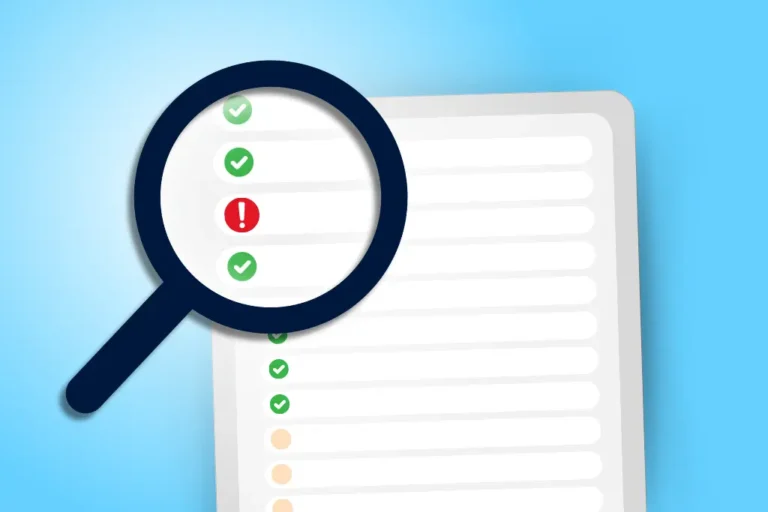The seismic shift of the COVID-19 pandemic has seen abrupt changes at all levels of corporate governance. The boardroom has been hit by considerable change too, as companies have been forced to make rapid, high-impact decisions in response to uncertainties and shifting priorities.
According to the Harvard Business Review, this new era for boards “is characterized by an increasingly complex set of pressures and demands from various stakeholder groups, heightened expectations for societal engagement and corporate citizenship, and radical uncertainty about the future.” These challenges are further complicating board decision-making and have challenged the usual shareholder-centric governance model in new ways.
The Ultimate Acid Test
COVID-19 has shown itself to be an acid test of many critical facets of the boardroom. These include the board’s cohesion, solidarity, and importantly, the board’s trust in management to deal with this unruly crisis with no modern precedent.
Other critical areas that have tested the board’s mettle during this period have involved the board’s crisis management processes’ efficiency. This includes its ability to communicate about key opportunities and challenges, for example, acquisitions and takeovers of compe- titors, succession planning, and the implementation overnight of total remote working.
For example, in the initial phases of the pandemic crisis response plans were hastily re-configured by general counsels. They particularly found themselves spread thin as workforce needs changed overnight. Business operations were impacted in never before seen ways. The usual legal, compliance, and privacy challenges were also vying for attention. Accurately reporting these updates to the board was critical to justify the actions taken so far and to give sufficient background information to inform decision making for the future.
Crisis Planning Should be Continuous
According to an ancient Chinese proverb, “A crisis is an opportunity riding a dangerous wind.” If the pandemic has taught the board anything, it is never too early to anticipate and plan for future shocks. The board is essentially in a prime position to ensure that the key lessons from this period are identified and synthesized. The importance of technology that supports remote-working fa- cilitates greater collaboration and streamlines communication about company-wide action plans.
It cannot be understated how much it can impact governance. Adopting the right technology and processes now can make the organization more agile and reactive in the face of future disruptions, including the economic aftershocks of COVID-19. The board should proactively work with manage- ment to address if their risk management plan is resilient enough to face another unexpected crisis and a different risk landscape.
Stakeholders Need More
It is clear from a whole host of experts that relations with shareholders and stakeholders require extra attention at present. Spencer Stuart outline why this is
in their recent report on ‘The effects of COVID-19 on boards and governance’.
They counsel that boards should review relations in the following three areas:
1. Shareholder support (dividend policy)
2. Protection against raiders
3. Relations with employees
Governance experts agree. Lynn S. Paine, a professor at Harvard’s Business School, has noted that since the onset of the crisis that it ‘‘has become common practice for management to update the board on the situation regarding each stakeholder group, and many boards and senior leaders have declared the health and safety of employees and customers to be their top priority.’’
The Financial Times have also noted that in Sweden, the importance of stakeholder coordination and transparency involving unions, institutional shareholders, boards, and local authorities has been renewed. Empathy and a more human side to leadership have been key indicators of good gover- nance during this period.
Governance Talent Is A Key Differentiator
PwC, in their assessment of what the board of directors need to know post COVID-19, has referenced talent as a critical differentiator to recovery. It comes as no surprise that inspiring leadership from both inside and outside the boardroom is in high demand.
PwC recommends that the board protect their business strategy with resilient and skilled talent that understands the shift to a more robust enterprise to emerge stronger. Hiring and nurturing the right cyber talent is one keyway that businesses and boards can position themselves to upskill their digital needs while protecting their organization significantly. A resilient, agile workforce that can leverage different expertise is crucial to emerging from this crisis and meeting new client needs in a mostly remote environment. Experts counsel that the board should align with management to prioritize a corporate culture that encourages trust and empathy at all levels.
The COVID-19 crisis for businesses is oceans apart from the financial crisis in the mid-noughties. The board grapples less with ethical dilemmas and instead must direct itself towards considering the mental health, physical health, and safety of their employees.
The board must ask themselves several key questions concerning their workforce and talent:
• How can they equip teams to work on-premise safely?
• How can they downsize humanely?
• How can they re-skill safely?
• How can the company culture evolve to sustain these changes?
Technology Is More Important Than Ever
Well-run board meetings are possible in this new era as virtual meetings have been integrated into this ‘new normal.’ Board and executive committee members have had to adjust quickly to increased meetings at a distance, which will remain the case for the foreseeable future.
The argument for the need for a secure board portal has never been more apparent as profound shifts in board communication and decision making have occurred. With cyber threats always in the picture, the work of the board requires a secure board portal like the board portal module of the DiliTrust Governance suite.
The DiliTrust Governance suite includes a board management module which allows you to run better board meetings, request and receive data and other reports securely, and make cohesive and informed decisions. All of this can be done remotely and securely. Why choose the DiliTrust Governance suite for your board and committee meetings?



